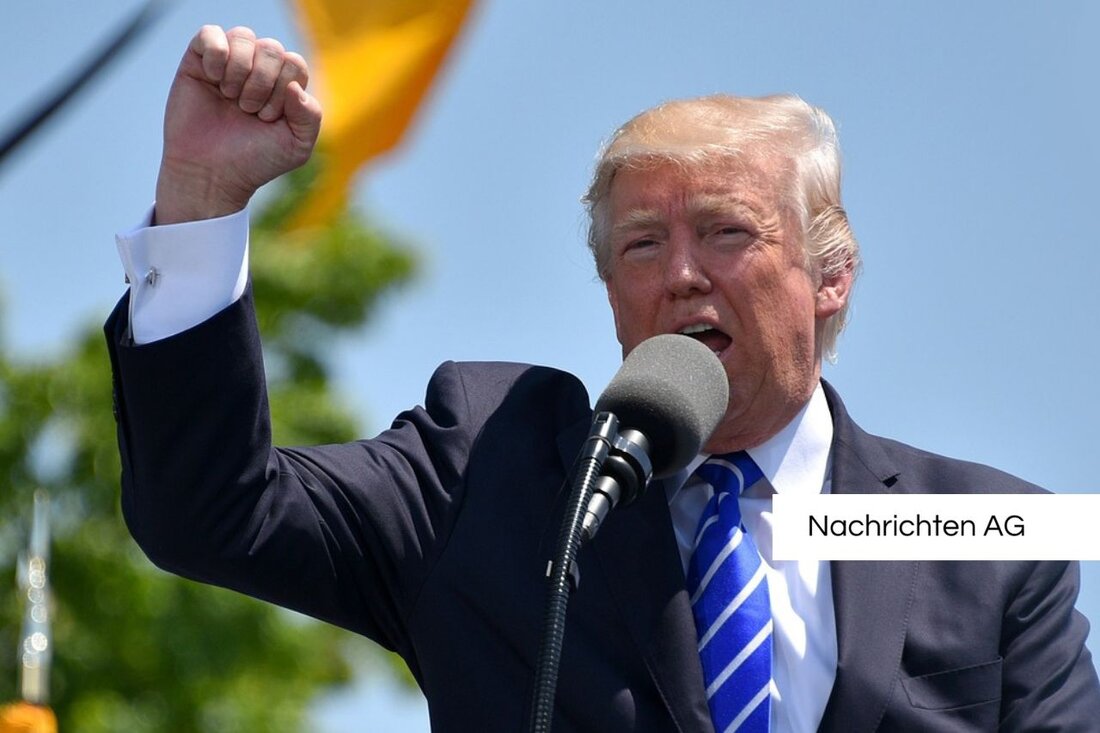Manipulation and disinformation: Dangers for our democracy!
The conference "Democracy in the Age of Disinformation" at the University of Freiburg on June 6, 2025 highlights the challenges of political communication.

Manipulation and disinformation: Dangers for our democracy!
On June 4, 2025, the conference “Democracy in the Age of Disinformation” will take place at the University of Freiburg, an event that is of great importance given the current political and social challenges. The events will address the far-reaching influences of disinformation on democratic opinion formation. In recent years, debates about politics and truth seem to be increasingly characterized by emotions, manipulation and distorted perceptions. Political statements cannot always be easily categorized as true or false, but can often be understood as individual interpretations that can further promote social division. University of Freiburg reports on the central role that trust plays in political discourse. A loss of this could seriously jeopardize the basis of democracy.
Developments in social media are contributing significantly to the erosion of this trust. Platforms like TikTok, Instagram and Facebook are not only places for communication, but also hotspots for the spread of radical views. These platforms use complex algorithms to curate content that generates maximum engagement. At the same time, they increasingly represent a source of disinformation that is used specifically to promote certain narratives. This exploitation of social media is particularly worrying and is being addressed by bpb.de described as strategic manipulation. Political actors have recognized how important these platforms are for shaping opinions, especially among younger voters.
The role of AI in disinformation
Artificial intelligence (AI) plays a key role in the systematic spread of disinformation. The technologies enable the automated production of content that aims at specific personalization for user groups. This strategy became particularly visible in the super election year of 2024, when political parties such as the AfD specifically used social media and influencers to spread their messages. daily news highlights that discussion on social media is increasingly leaning towards the right, leading to a fragmented public debate.
Overall, there is a worrying trend of polarization, reinforced by changing news consumption patterns. 67% of the population get their news primarily via the Internet, with 34% consuming it exclusively via social media. This development undermines balanced social discourse and contributes to the erosion of trust in institutions, indicating long-term negative effects on democracy.
Education and political discussion
In order to counteract this development, targeted education is necessary that trains students and citizens in the correct handling of political statements and data. It is crucial to raise awareness about the differences between manipulative and real information. University of Freiburg points out that solidarity and mutual respect are essential in order to have productive political discussions.
Finally, a joint effort by platform operators, politicians and civil society organizations is required to promote transparent information and fair access to data via algorithms. Only through such cooperation can the dangers of disinformation and systematic manipulation in the digital world be effectively addressed.

 Suche
Suche
 Mein Konto
Mein Konto